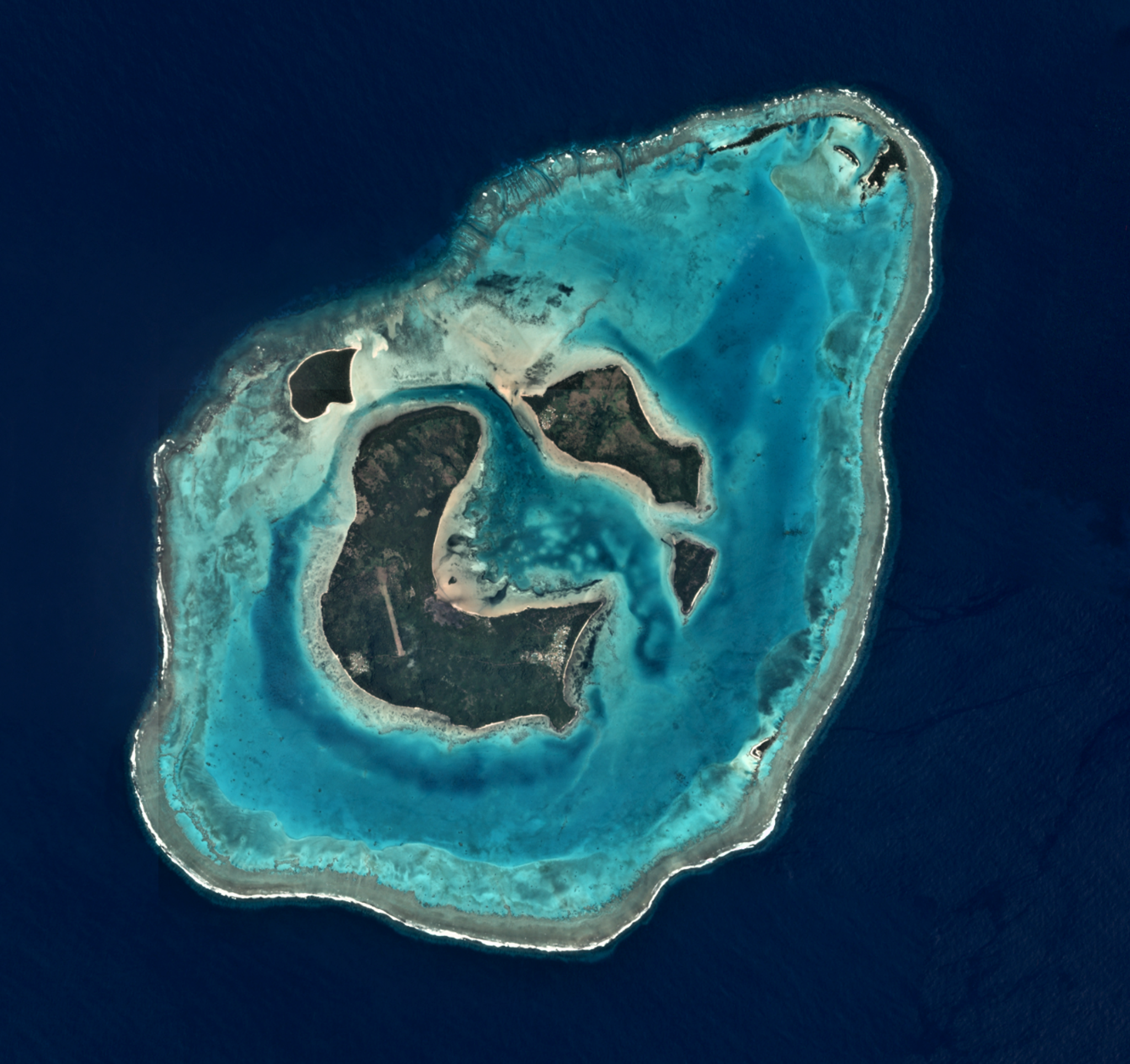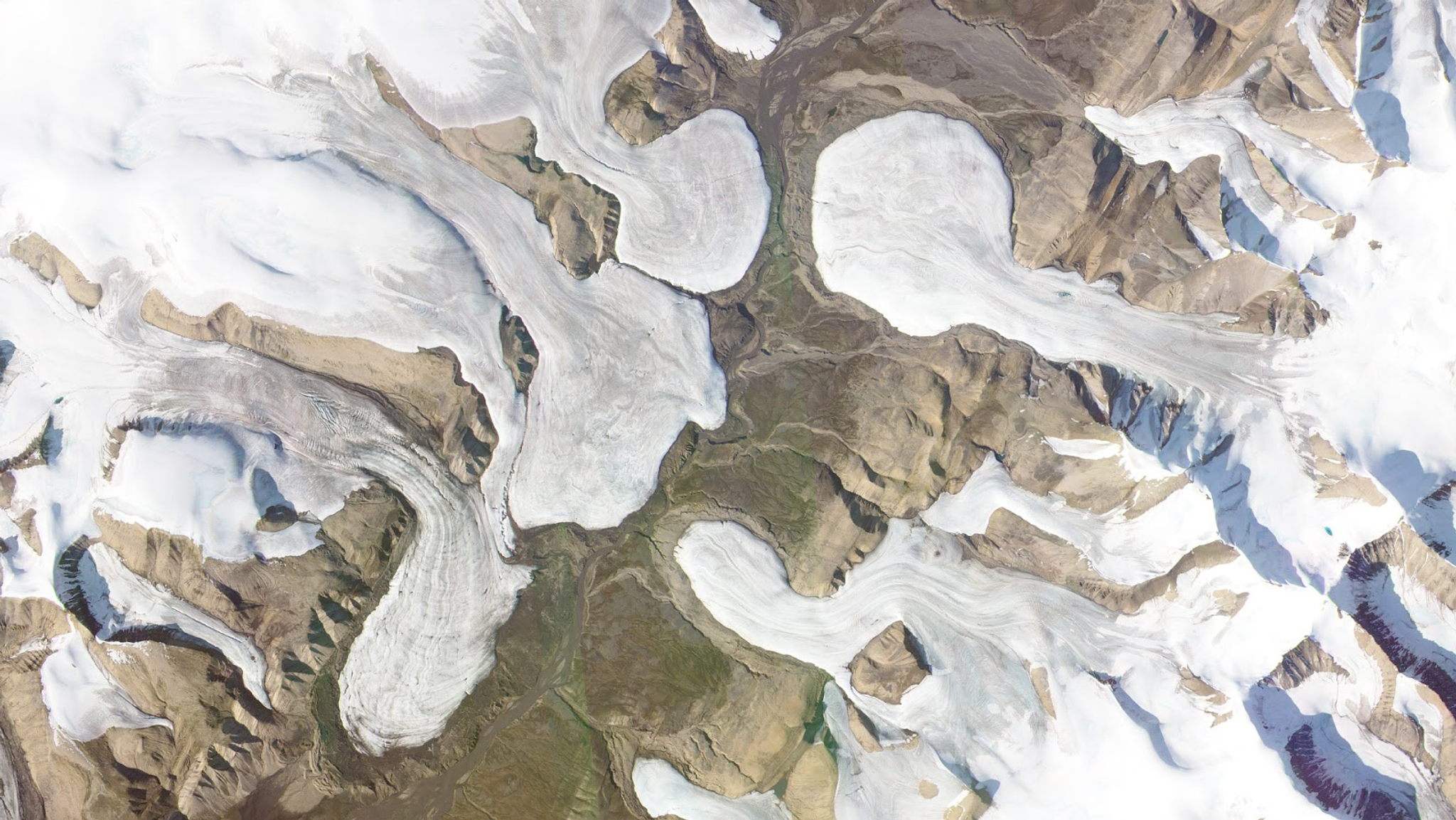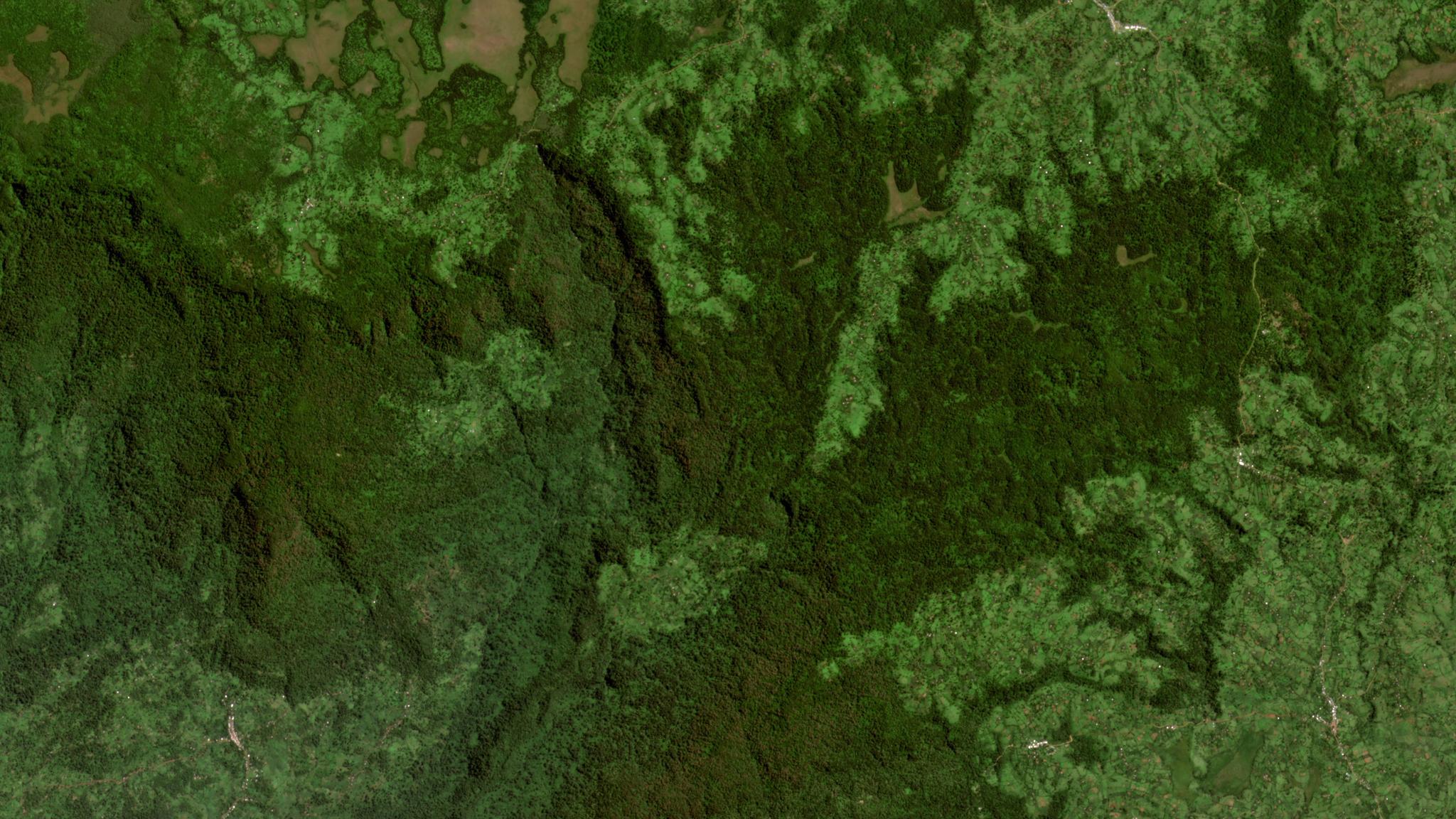Planet Works to Accelerate Sustainable Development and Progress on the SDGs
Six years ago today, on September 25, 2015, the United Nations finalized the 2030 Agenda, ratifying the 17 Sustainable Develop Goals, or SDGs which outlined key objectives for a more equitable and sustainable future. The SDGs provide a comprehensive set of criteria that, if met, will ensure global intergenerational well-being for humanity and the larger web of life of which we are a part. They cover such things as elimination of poverty, ending extreme hunger, the promotion of human health and well-being, the conservation and protection of life on land and the oceans, and addressing the climate emergency, among many others. Planet was founded with the mission to use space to help life on Earth, and we care deeply about the SDGs. Our daily, whole-Earth observation system can play an important role in measuring 80 targets and 66 indicators under 14 of the 17 SDGs, including SDG 2 (No Hunger), SDG 6 (Clean Water and Sanitation), SDG 11 (Sustainable Cities and Communities), SDG 12 (Responsible Consumption and Production), SDG 13 (Climate), SDG 14 (Life Below Water), SDG 15 (Life on Land), and SDG 16 (Peace, Justice & Strong Institutions). Unfortunately, the world was already off track in realizing the ambitions and fulfilling the commitments of the 2030 Agenda, even before COVID-19 arrived on the scene; since then, the pandemic has not only hampered, but in some cases reversed our progress. For example, according to the UN FAO, COVID-19 may have pushed as many as 132 million people into chronic hunger in 2020, making it all the harder to meet the goal of SDG 2. The pandemic also hampered the abilities of many National Statistical Offices, or NSOs to collect relevant data in the field, and ongoing climate disruptions are imperiling what fragile progress had been previously made. Amid these challenges, meeting the ambitions of the 2030 agenda will require us to redesign and optimize countless systems, from transport and agriculture to energy and manufacturing. To guide and monitor our progress, we will need to build what our colleagues at the United Nations Environment Programme call a “Global Digital Ecosystem for the Environment,” with real-time big data and analytics at its core, made widely available to governments, NGOs, companies, civil society organizations, communities, journalists and individuals. Step by step, and with many different partners, Planet is making progress toward this vision. Some of our efforts include:
- Protecting Tropical Rainforests from Deforestation - In partnership with Norway’s Ministry of Climate and Environment (NICFI), Planet’s satellite data is being used to monitor tropical forests globally and validate deforestation alerts for regional conservation organizations. This information helps to gain insights on local deforestation drivers and reduce uncertainty in conservation initiatives.
- Building Sustainable Development Monitoring Systems - In partnership with the UN World Food Programme, we contributed data to a new sustainability-focused portal covering the country of Sudan.
- Monitoring Greenhouse Gas Emissions - Planet recently also announced a partnership with Climate TRACE, a GHG emissions tracker supported by former Vice President Al Gore that will use Planet’s data to extract and analyze climate emissions signals latent in our data. By identifying the point sources of carbon dioxide and methane, these projects use the agile aerospace approach to standardize a broad and transparent global view on emissions enabling companies and governments to reduce leaks and comply with reduction targets.
- Mapping All of the World’s Tropical Shallow Coral Reefs - In partnership with the Allen Coral Atlas, Arizona State University, the University of Queensland, and the National Geographic Society, Planet helped complete the first and most comprehensive geomorphic and benthic tropical coral reef map in the world. Planet provided the foundational satellite data layer upon which key ecological coral datasets and scientific insights are laid. These maps enable researchers to identify and protect regions that may be at risk due to climate change.
[caption id="attachment_142997" align="aligncenter" width="1266"]

- Gaining Agricultural and Irrigation Insights - Planet is working with partners like Corteva to provide essential agricultural data in response to shifting climates, and with Manna Irrigation, to support intelligent irrigation plans for water stressed agricultural regions.
- Managing Ethical Supply Chains - Planet’s technology has been used to shine a light on illegal supply sourcing. In a partnership with the Peruvian government, our data provided insights on illegal mining operations which have plagued the Amazon rainforest for years. This data helped the government identify and shutdown these operations, ensuring more sustainable land management.
- Increasing Peace and Transparency - By imaging Earth with a near-daily cadence, Planet has enabled greater transparency and political accountability globally. With Planet’s tasking resources, analysts have been able to identify illicit North Korean shipping operations in violation of United Nations sanctions. Planet’s combination of satellite tasking capabilities and daily imaging has also helped Pulitzer Prize-winning journalistsreveal human rights abuses occurring in China’s Xinjiang Province.
Planet approaches these complex sustainability challenges with a sense of fierce urgency. As the climate and political landscape is rapidly shifting, governments, NGOs, and corporations want to adapt to these uncertain contexts. To do so, they look to build more resilient systems with tight information feedback loops. Scientific models, such as our glacial melting insights created in collaboration with NASA, can use the daily data provided by Planet to provide accurate predictions about a system’s ability to bounce back from environmental and financial perturbations. This resilience comes from identifying, valuing, and protecting key functioning units within a system - functioning units that can now be reliably identified and monitored with Planet’s largest fleet of Earth observation satellites in the world. [caption id="attachment_144531" align="aligncenter" width="1591"]


Ready to Get Started
Connect with a member of our Sales team. We'll help you find the right products and pricing for your needs


